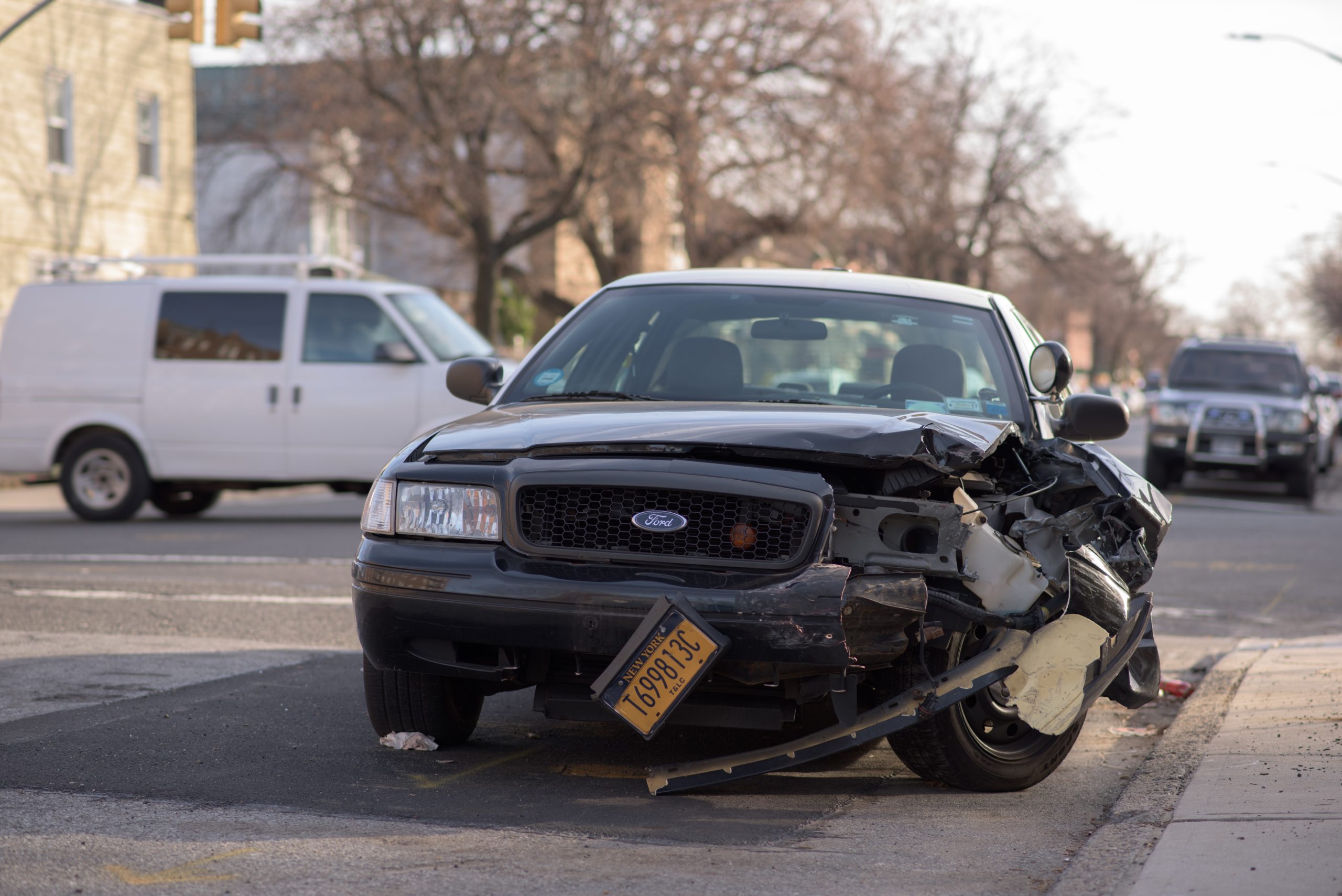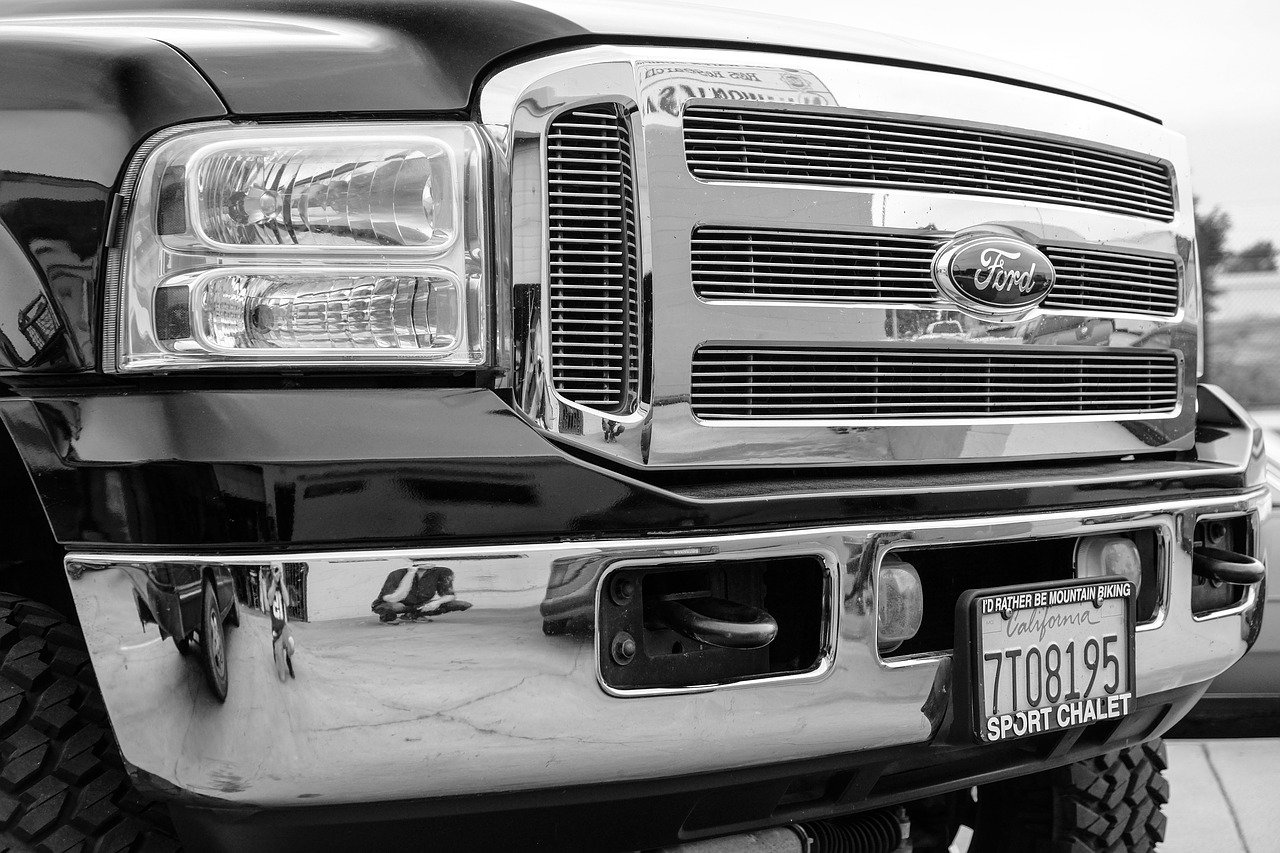The auto insurance industry exists to financially protect vehicle owners from the risks that come with driving. In almost 80% of bodywork accident cases, insurance companies pay for the repair costs.
However, sometimes it is in drivers’ financial best interest to pay for collision repairs out of pocket. If you’ve been wondering whether you should pay for collision repair services by yourself, or whether to utilize auto insurance, here are some pointers.
Factors To Consider When Paying Out of Your Pocket for Collision Repair or Filing Claims
When your vehicle is involved in an accident, you need to carefully consider some factors before you file any claims.
While every car owner, vehicle, and insurer are different, here are some things worth noting in the event of an accident.
Determine the cause of the accident
It’s in everyone’s best interest to determine who should legally take responsibility for the accident and why. Knowing how many people were affected by the accident can also impact your decision to file a claim.
If it was your negligence that caused a collision, you may need to activate a claim, as the other car owner will be expecting you to cover their repair costs. However, if you are not to blame for the accident, the other car owner’s insurance will pay for your vehicle repair.
In mild cases whereby a driver hits a stationary object and the vehicle suffers little damage, a car owner can pay for the repair costs out of pocket. It’s worth noting that in ‘no-fault’ scenarios, insurance companies sometimes cater for the repair costs irrespective of cause. This is currently the case in some US states like New York and New Jersey.
Compare your deductibles to the repair costs
Anytime you file insurance claims for comprehensive insurance covers, you are supposed to pay deductibles (your contribution to the repair costs). For instance, if the extent of damage is worth $450 and your deductible is $150, you contribute $150 to the repair while the insurance company takes care of the $300.
If your deductible is greater than the repair costs, it makes sense to pay for the repair service by yourself. For example, assuming that your deductible is $250 while the actual cost of repair is $300, it’s wiser to pay from out of your pocket. This way, your insurance rate will not increase over something they did not assist you in paying for.
Zero Payout
It’s advisable to notify your insurer when you pay for your own repairs after minor emergencies. These are called zero payout claims. When you do so, the company may not increase your premium. Paying out of your pocket for minor repairs without the knowledge of your insurer, puts you at risk; they can deny you claims when expensive accidents occur.
Prevent your premium from being increased when filing for claims by being aware of your deductible, drive safely and ensure that you have fewer accidents per year. You can also purchase accident forgiveness add-ons and install safety features in your car to lower your premium.


